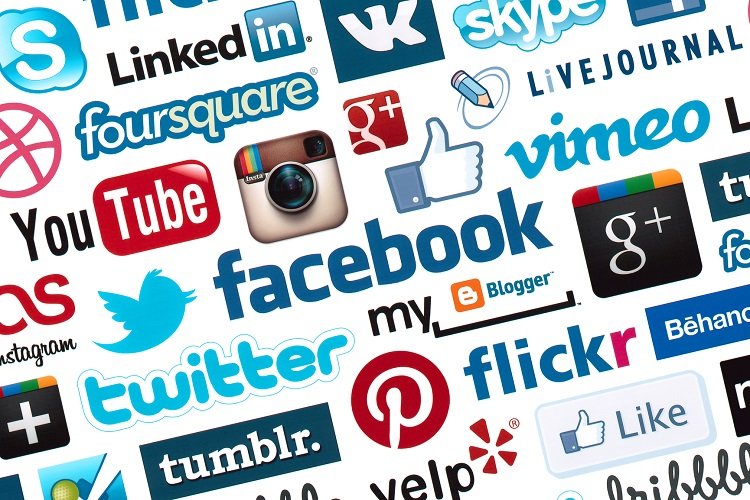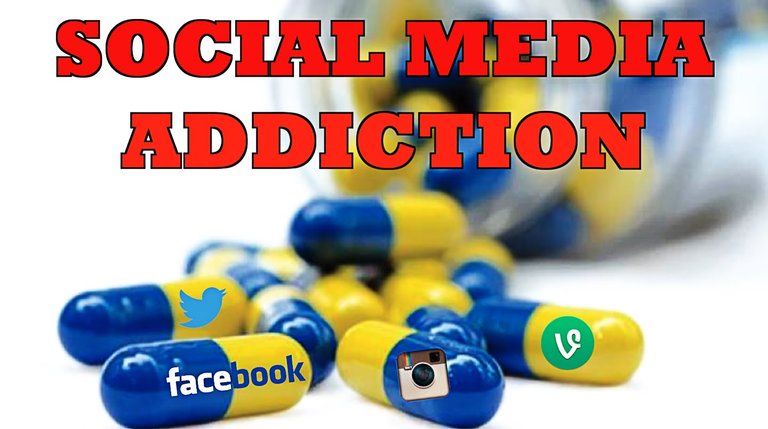By: Bahaa Al Awam - Manchester
A recent study, published on ARIJIC's pages, says that social media has made life about 57% of its young users in our Arab countries happier.
There is no doubt that the means of social communication have become an important source of information. It has also abolished geographical and temporal distances. It has included families whose members are distributed in different parts of the world. It has facilitated many jobs and provided many services that individuals need. Our youth in their lives now compared to the traditional stage of communication?
Do not exaggerate if we say that an essential part of the happiness of our young people in the context of networking is in the virtual relationships they created through incubators such as Facebook, Skype, Watsab and others, and no matter how tried to underestimate the importance of these relationships or flattening Presence in our lives, this does not negate the fact that for many become more realistic than their lives the truth they lived for years and years before the birth of social communication.

The return to the emergence of the idea does not help much in understanding the tsunami penetration of Facebook and its brothers in our lives. These methods have been developed to encourage people in Western societies to promote spontaneous human communication that has been reduced to them for many reasons. His momentum is often.
So, what happened? And how have all these faces, shapes, drawings and abbreviations invaded our lives, even though we are addicted to it with all the meaning of this word?
Perhaps the main difference between the real relations and their virtual counterparts in the Arab world, from love, friendship, acquaintance, and ideological, political or religious alignment, is the liberation of virtual relations from the authorities of restriction, imitation and prohibition, which delineate the determinants and manifestations of our lives. Fear, favoritism, arrests, imprisonment, exile, stoning or other controls of our lives.
There is no need to deduce the absence of the three authorities in our virtual lives. Watspee's friend or fan of Vespoki needs only a few seconds without shame or fear, and no matter what the roof of the spinning through the Skype or Viper screens, A defect and remains acceptable as long as he does not see a brother, father, mother or even a husband, where social communication made the expression of betrayal too loose or at least confined to the physical act only.

The absence of love on Facebook does not need to be haraam, and the declaration of Wahhabism, liberalism, communism or even infidelity has no legal or legal consequences. The world's pornographic pages, sexual stations and the arts of all kinds are out of control, expressing dissatisfaction or admiration for anything or anything Someone who only needs to know how to use computers or smart communication devices, so you do not have to know the standard Arabic grammar. Local dialects, symbols, images and graphics are alternatives that are available and are becoming increasingly popular.
Perhaps some people see emancipation from the authorities of restriction, imitation and prohibition by default as a negative phenomenon and have had disastrous consequences for our conservative societies that are not ready for all this openness. In this context, many cases of divorce, homosexuality, failure, and failure caused by social media are called for. They are naturally right in their claim, but ...

Regardless of the positive role played by social media in the Arab Spring revolutions, which is still the subject of disagreement in his assessment and evaluation, we must ask ourselves transparently, do we really need to be free from these three authorities? Has the exercise of these powers over the past five decades produced balanced and productive generations? Do the circles of fear that these authorities surrounded us throughout these years have removed from our societies manifestations of extremism, decay, corruption, failure and loss, which we claim to spread because of the winds of Facebook on our region.
In all cases, it must be recognized that what Arab youth do today through social media is a virtual revolution on these three authorities, a blatant electronic protest against their power, which led to dreams of parents and united the hopes of children in viable countries, The first concern of young people of all walks of life, their interests and their affiliations, an explicit refusal to attend these authorities in our lives in the same way that we used to drain them.
In the end, the battle between the supporters and the resisters of the three authorities in our country is limited to the means of social communication to a large extent, or to the transfer has not yet matured to the extent that enables them to leave the web to our real life streets and institutions, laws and practices, which is preferred to occur quickly before it turns Most of us to hypothetical humans suffer a schism between reality and the Internet.
Like anything, can be used good way or wrong way, can be addicted or just be careless. One thing I like, it's how we really can see what's going on in War zone. How serious it is... and not like on "papers".
As explained in the subject